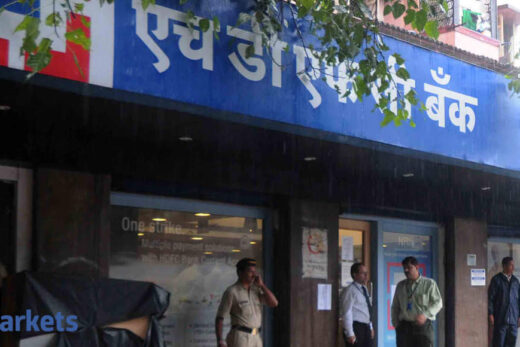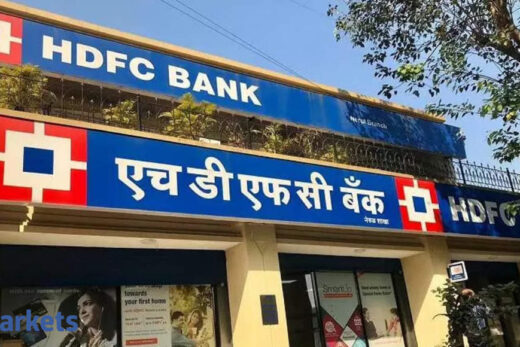Das said that the setting up of a bad bank to tackle the high non-performing loan problem in the financial system has been under discussion for a “long time”.
Economic Affairs secretary Tarun Bajaj last month said that the government is exploring all options including setting-up a bad bank to improve the health of the country’s banking sector.
Discussions around setting up a bad bank has polarised experts.
Industry body CII’s President Uday Kotak had said that setting up of a bad bank to deal with the problem of mounting NPAs is not a good idea and will not yield desired results unless some key aspects like transparency and recovery rate are addressed.
However, former RBI governor Raghuram Rajan recently told ET Now that he and Viral Acharya had recommended setting-up a bad bank.
“I was very much against the idea in the past because it was just transferring money from one pocket of the government to the other pocket… I can see one reason for a bad bank is to aggregate loans which may be more effective in restructuring those loans because it does not need the permission of the 18 banks who held the loans earlier,” Rajan had said.
Another former RBI Governor D Subbarao recently suggested that setting up a bad bank was not just necessary but likely unavoidable given the present situation of bad loans in the banking system.
According to the central bank’s recent financial stability report, the aggregate gross non-performing loans ratio of the banking system stood at 7.5 per cent as on September 30. Among state-owned banks, the gross NPA ratio stood at 9.7 per cent.
The central bank’s baseline stress test showed that the aggregate gross NPA ratio of the scheduled commercial banks may rise to 13.5 per cent by September 2021 and in the worst-case scenario jump to 14.8 per cent.
The RBI governor called on banks and non-bank lenders to improve their capital buffer and “fast-track” the capital raising efforts. Das said that financial entities regulated by it will need to raise capital to the tune of 150 basis points of the common equity tier capital of the banking system.
Raising capital by private and PSU banks is very important to support economic revival and to build robust balance sheet, the governor said.



